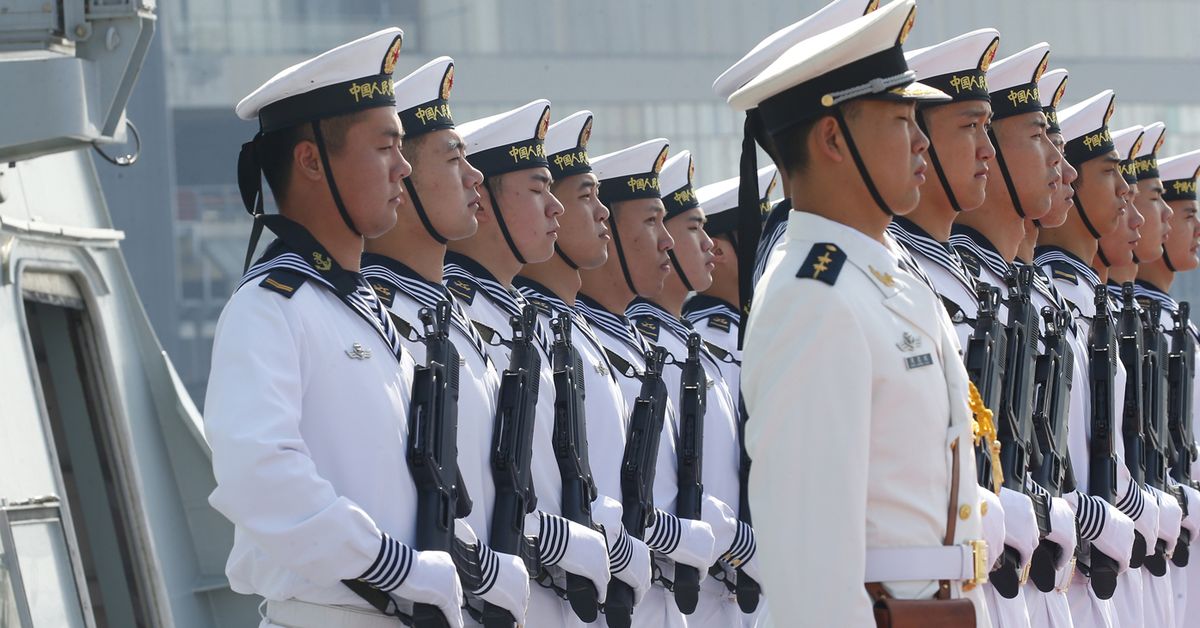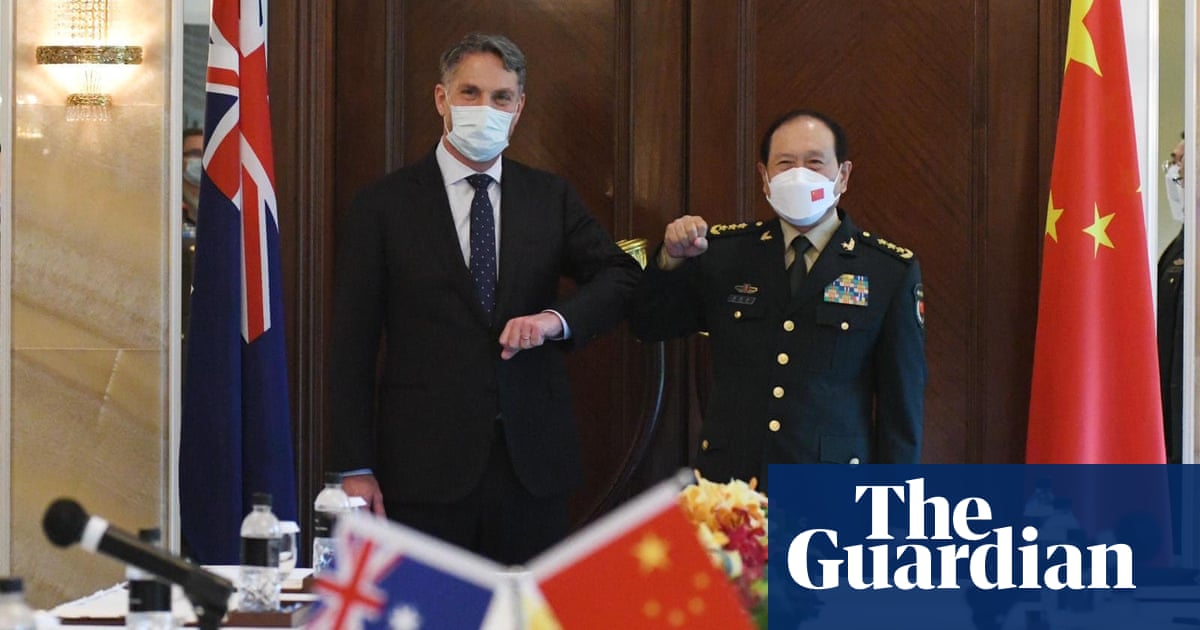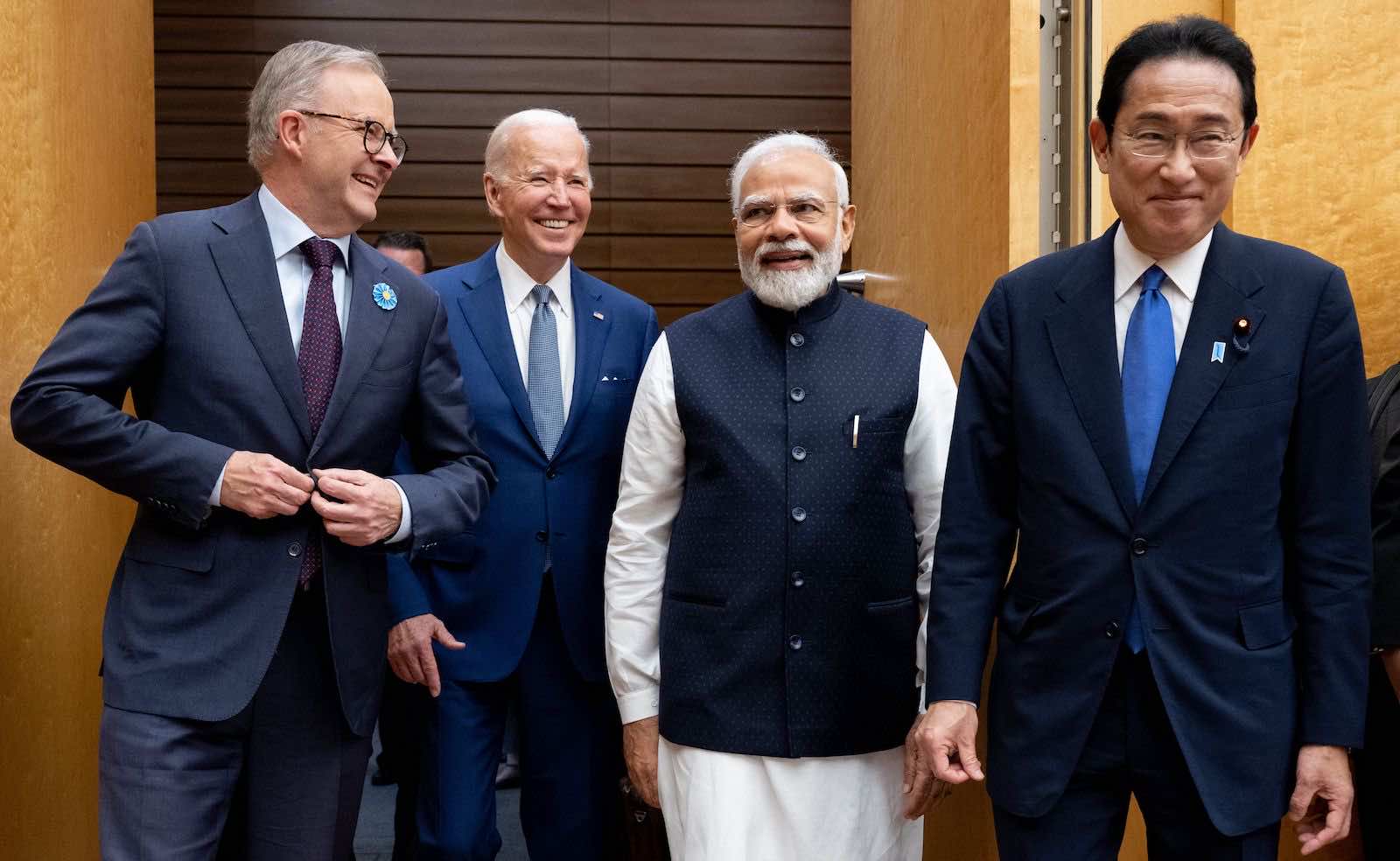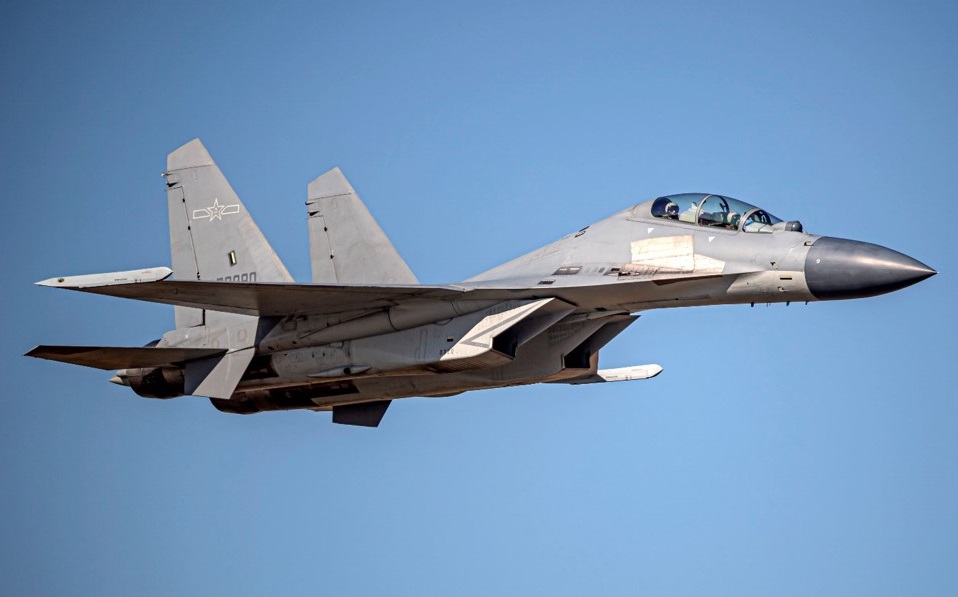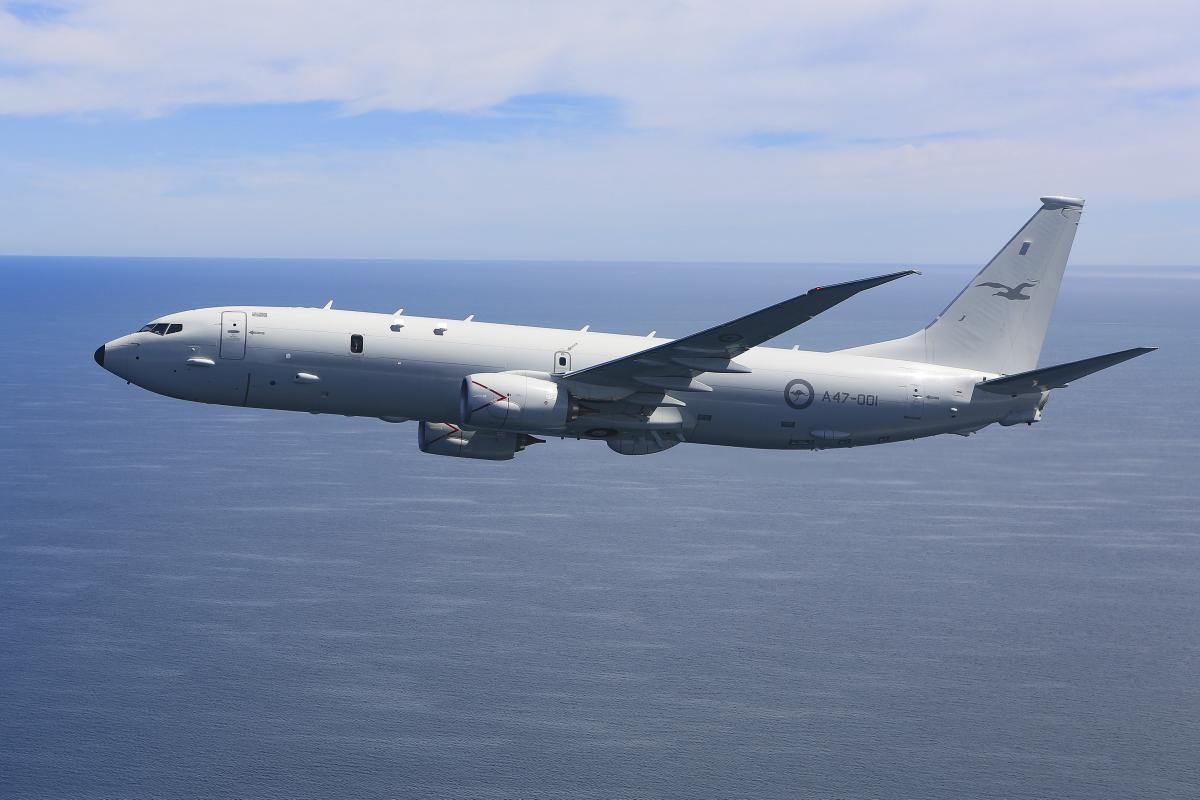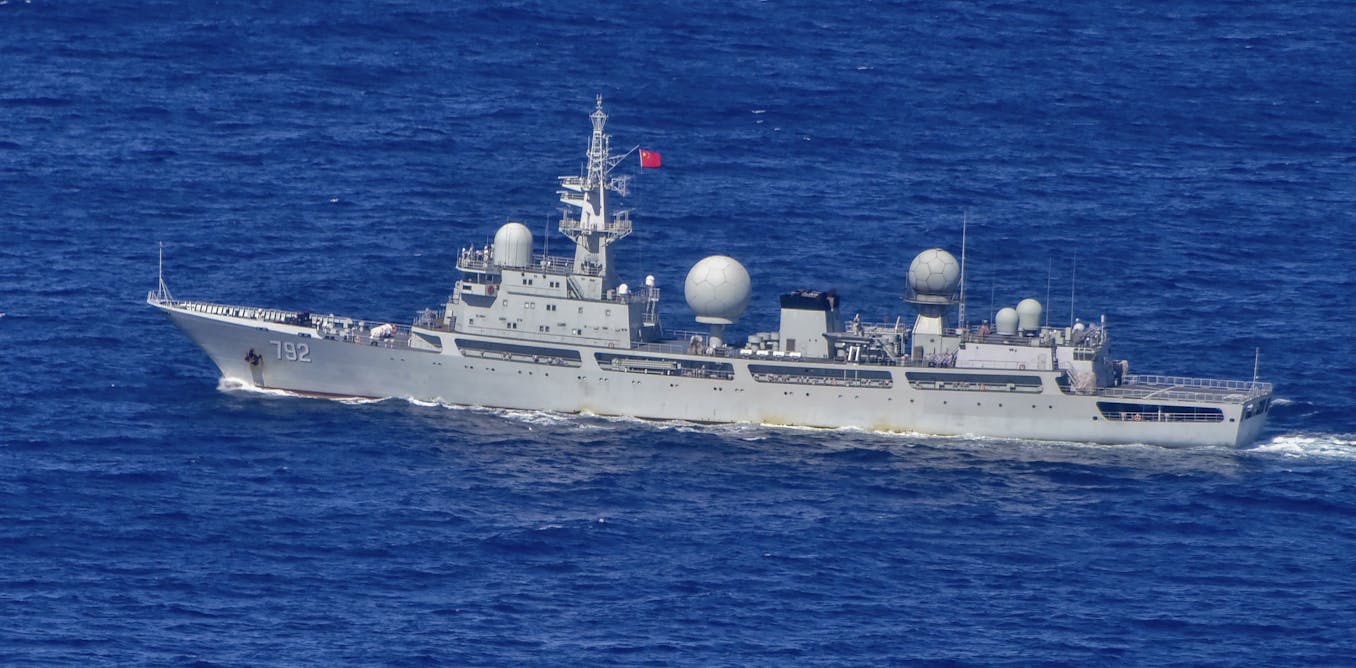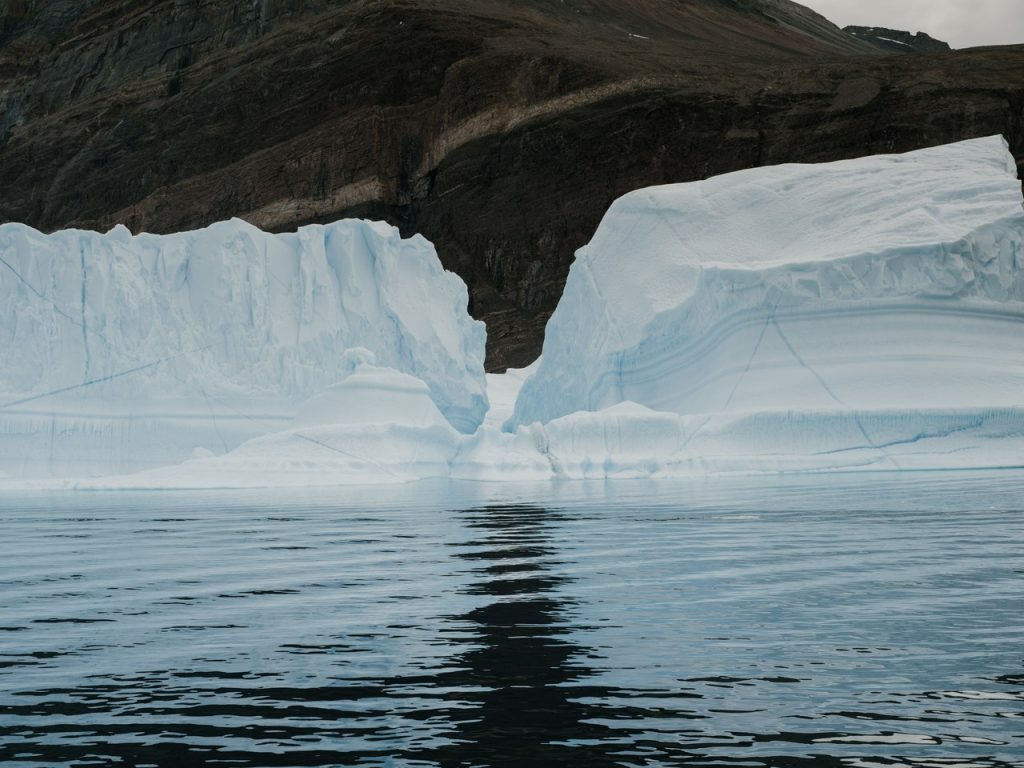
Melting the Ice – Two steps forward and one step back as Australia and China attempt to reset relations
Digital Snapshot #15/22
22 July 2022
A potpourri of current affairs topics from Australia, New Zealand and the South Pacific brought to you by KAS Australia and the Pacific. The weekly digital snapshot showcases selected media and think tank articles to provide a panorama view and analysis of the debate in these countries.
Disclaimer: The views expressed in these articles do not necessarily reflect KAS Australia’s position. Rather, they have been selected to present an overview of the various topics and perspectives which have been dominating the public and political debate in Australia and the Pacific region.
After more than two years of frozen diplomatic relations, Australia’s Foreign Minister Penny Wong recently held a face-to-face meeting with her Chinese counterpart Wang Yi at the G20 Foreign Ministers Meeting in Bali. Ms Wong said they both spoke frankly, listened carefully to each other’s priorities and concerns, but noted that it would take time, effort, work and nuance to stabilise the bilateral relationship. It comes after similar meetings between Australian Ambassador Graham Fletcher and Vice Foreign Minister Xie Feng, and also between Deputy Prime Minister Richard Marles and China’s minister of national defence Wei Fenghe.
So, everything goes back to normal then? Not quite.
For one thing, many of the complaints China cited in the infamous list of “14 grievances” handed by Chinese officials to the media in Canberra in 2020, such as the ban on Huawei from the rollout of Australia’s 5G network, the foreign interference laws, and criticism of human rights violations in Xinjiang – amongst others – have not changed. Nor has the fallout, with China’s unofficial trade sanctions on Australian copper, cotton, lobster, timber, wine and coal – previously worth more than $20bn a year – continuing to this day.
After the meeting with Mr Wang, a Beijing spokesman praised Ms Wong amid indications the coal ban may soon end. But a summary of the meeting issued by China’s Foreign Ministry said there were now four “requirements” for Australia to improve the relationship (though language scholars have disagreed on the nuances): first, Australia must treat China as a “partner rather than a rival”; second, the two countries must seek “common ground while shelving differences”; third, Australia must reject “manipulation by a third party”, without naming the US; and fourth, both countries must build “public support featuring positiveness and pragmatism”.
Further, the Beijing’s Global Times recently accused Mr Marles of becoming indistinguishable from his “extremely anti-China” predecessor – now opposition leader – Peter Dutton and warned that the Australian Defence Force was becoming a “plug-in of the US” and the nation a “forward base of the US military”.
So, it may be best characterised as two steps forward and one step back – while avoiding stepping headlong into a ditch. Namely, while the Labor Party campaigned for election this year on the criticism that former prime minster Scott Morrison was exaggerating the threat of war with China – which saw three marginal seats with significant Chinese-Australian populations fall to Labor candidates – the new government appears alert to the risk of yielding its predecessor’s resolute stance in favour of the so-called “tributary state” relationship on offer from Beijing.
Further, Mr Albanese has signaled continuity by visiting Tokyo for a meeting of the Quad – loathed by China – with the leaders of the United States, India and Japan, within days of taking office. And the Albanese government has moved quickly to reset relations with the Pacific Island nations, which have been subject to a diplomatic onslaught from China in recent months after the so-far singular success of a security pact signed with the Solomon Islands. While this has featured a burst of diplomatic visits and warm familial rhetoric – not unlike the first months of every new Australian government – it is underpinned by a new commitment to climate change mitigation which is consistently cited by the Pacific Island leaders as their top priority.
But the largest and most persistent stumbling block might be the AUKUS Pact which will see Australia obtain nuclear-powered submarines (SSNs) with the assistance of the US and United Kingdom, as well as pursuing enhanced cooperation across a suite of advanced defence technologies. (It is no coincidence that Mr Morrison shared China’s list of “14 grievances” with the shocked attendees of the G7 leader’s summit in Cornwall, including President Joe Biden and Prime Minister Boris Johnson, where the tripartite agreement was said to have been finalised before its subsequent announcement in September 2021.)
Despite the harassment of Australian navy ships and maritime patrol craft in the South China Sea in recent years, it is submarines that the Chinese have greatest cause to fear, given the likelihood that the undersea domain will prove decisive in any attempt by the mainland to attempt forcible unification with Taiwan, and noting SSNs superior speed, range and lethality, sometimes likened to “queens in a game of chess”.
The Labor party offered bipartisan support for the transformative deal when first announced and will shepherd the task force consultation process through the final stages to an expected announcement of the “optimal path” by March next year.
Australia has also deployed specialised diplomatic teams in Canberra and to Vienna – headquarters to the International Atomic Energy Agency – to win international acceptance for the project amid massive “disinformation” campaigns from China and Russia. This includes the recent publication of a report this week which declares the project a grave risk to nuclear non-proliferation and warns that Australia may be intent on developing nuclear weapons; an irony from North Korea’s solitary ally.
With the prestige of the US and UK on the line, there will be strenuous efforts to deliver SSNs to Australia. But with goal of unification with Taiwan occupying the highest sensitivity to the Chinese government, and the potential for Australian SSNs to effect the military calculus, not to mention the years – if not decades – until the boats enter service, AUKUS will likely remain a sore point and a target of Chinese influence operations.
